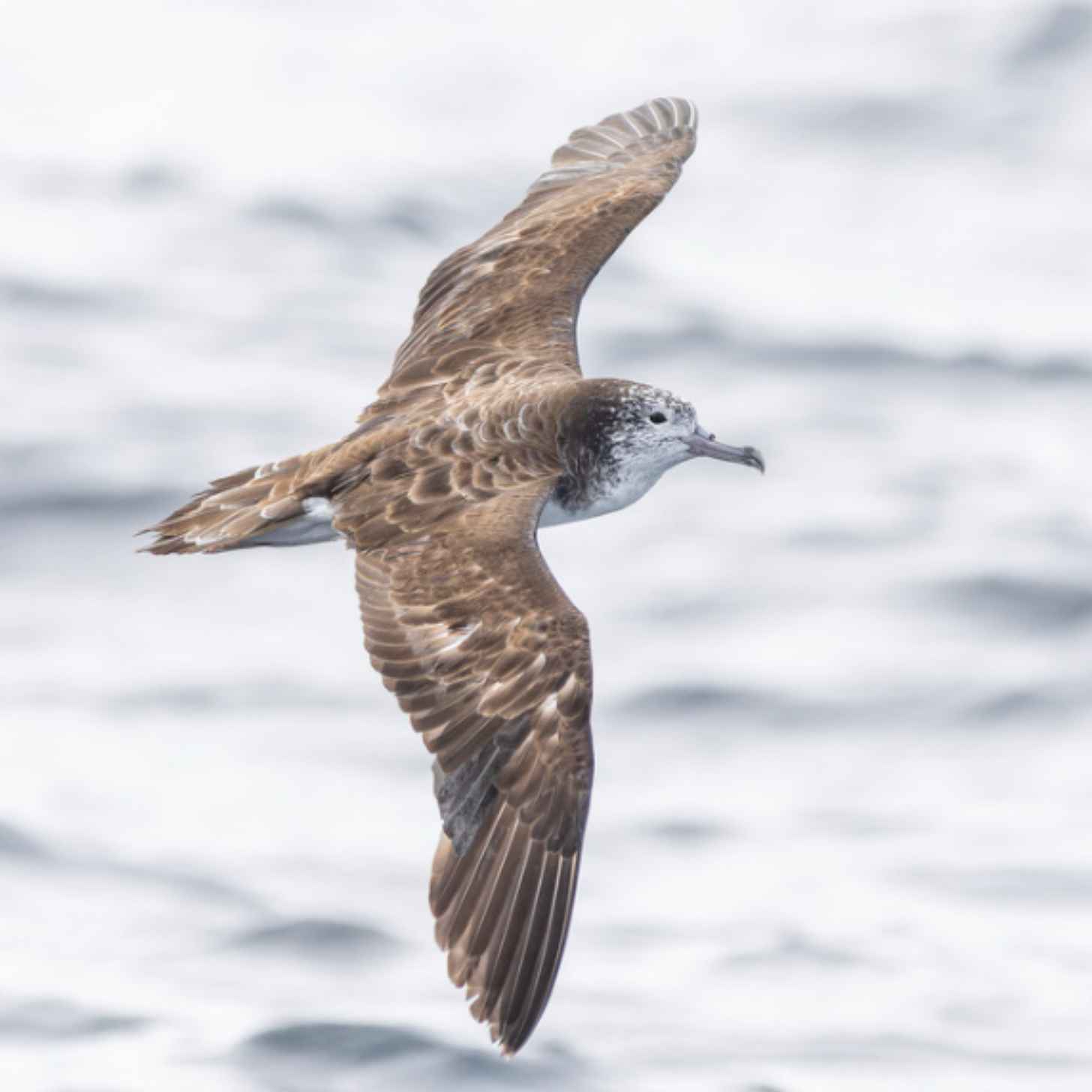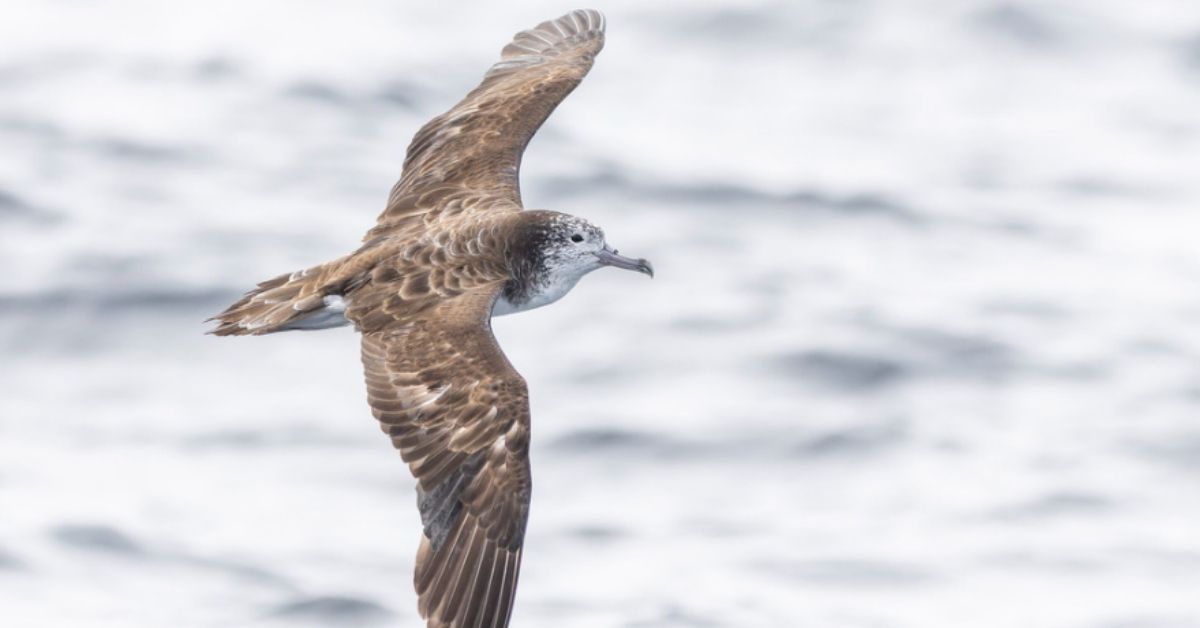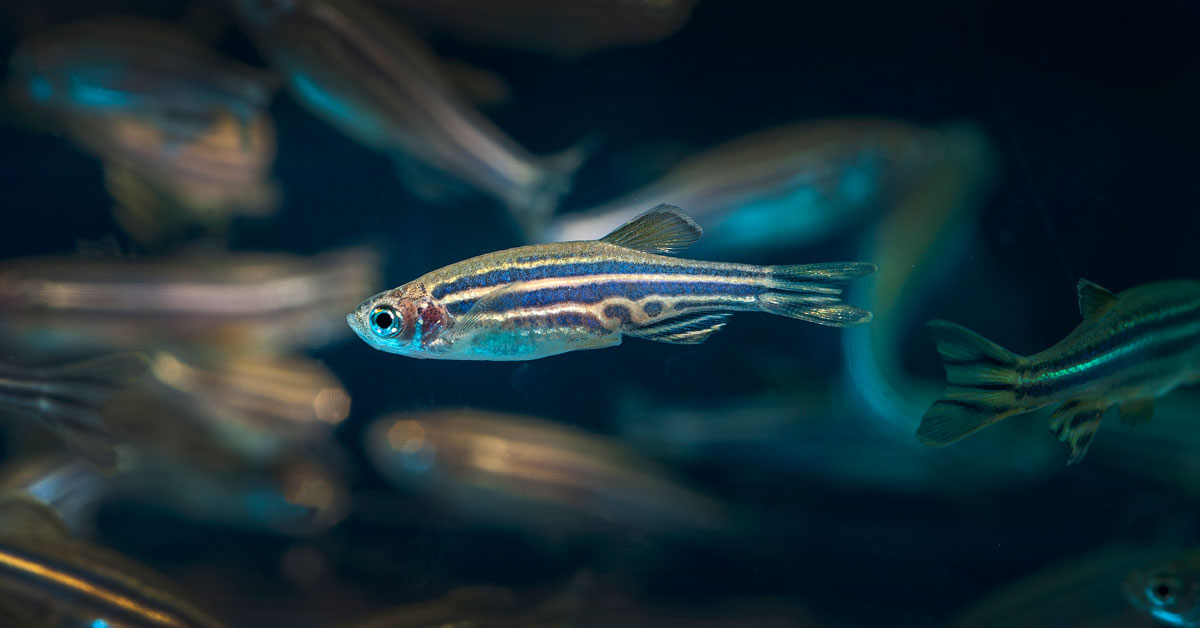In a new study, scientists at the University of Tokyo attached small backward-facing cameras to the bellies of 15 streaked shearwaters at Japan’s Funakoshi Ohshima Island.
They confirmed something that any beachgoer may already suspect: Seabirds poop.
A lot.
The team identified 195 “defecation events” in their footage, and learned that the seabirds overwhelmingly chose to poop while flying, rather than while swimming at the surface of the water. On average, the streaked shearwaters pooped mid-flight every four to 10 minutes.
“The footage captured far more frequent defecation events than I had expected,” the lead author, Leo Uesaka, told Discover Wildlife. “The fact that we were able to study this behaviour at all was a surprise in itself.”
Streaked shearwaters — which resemble seagulls, with slightly smaller bodies and more slender frames — are listed as Near Threatened on the IUCN Red List of Threatened Species.

As scientists uncover the mystery behind their daily habits, they’re in a better position to understand them — and protect them.
The authors also surmised that the seabird droppings are a boon to ocean health, with droppings potentially transporting beneficial nutrients huge distances across the big blue.
It’s a behavior found in whales, as well, through a process called “whale pump.”
As whales eat their way across the ocean, they leave essential nutrients, particularly iron and nitrogen, in their wake — essentially fertilizing the world around them as they swim.
“Feces are important,” Uesaka emphasized. “But people don’t really think about it.”
You may also like: Scientists believe penguin poop might be cooling Antarctica — here's how
Header image via Oscar Thomas (CC BY-NC-ND)



